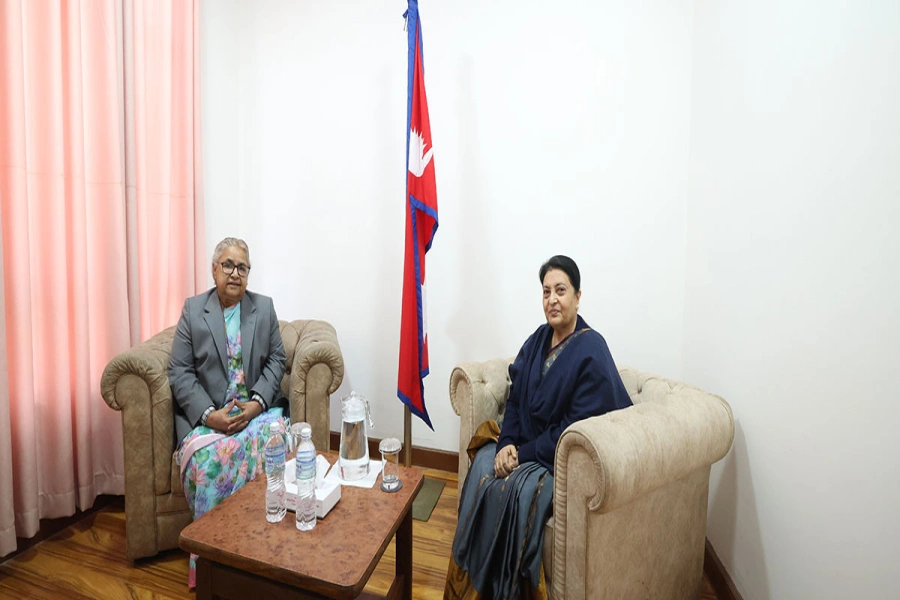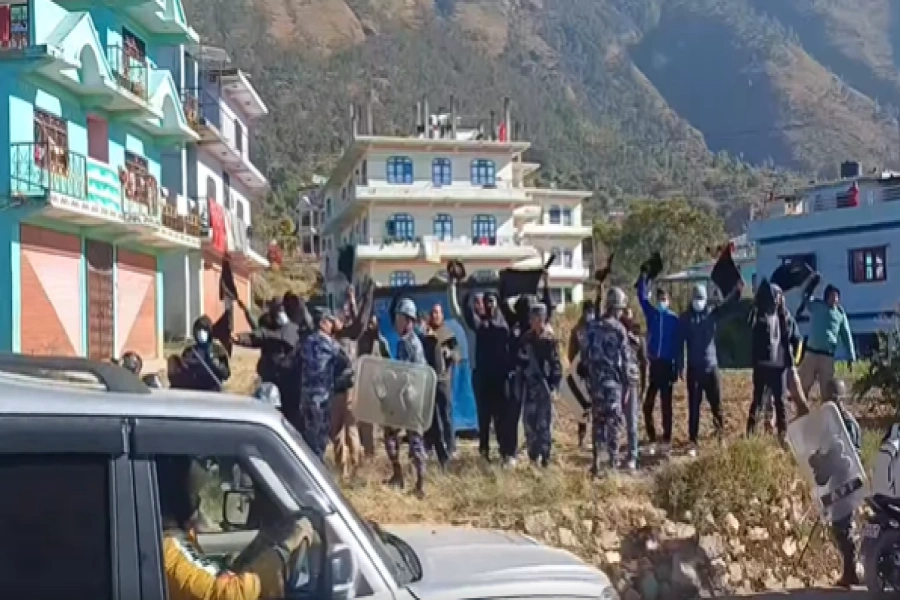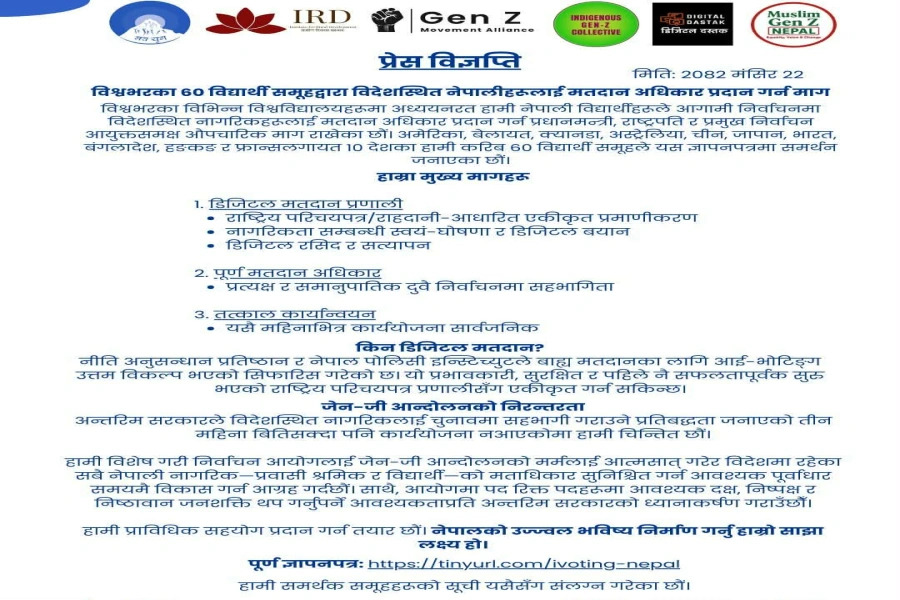Prativa Pandey Malla, 31, is a research scientist who has a PhD in organic chemistry from Northwestern University, Illinois, USA. She is the founder and CEO of Catalyst Technology, a company that works for research and development in the field of science and technology. She does research consulting, and is now trying to research the scope of medicinal plants in Nepal.
In conversation with Republica’s Prasansha Rimal she talks about her journey as research scientist.
Could you tell us more about your journey from getting a PhD in organic chemistry to establishing your own company?
I completed my high school in science from St. Xavier’s College and when you study science in high school in Nepal you either choose to become a doctor or engineer. But I didn’t want to become a doctor or engineer and thought I was too young to decide career for my life. So I went to US to study and did undergraduate in mathematics and organic chemistry and later ended up doing a PhD. Instead of following academic route, I got involved in industries so I could come back to Nepal and start something. I worked as a research consultant for the same company I used to work for in US for one and half years once I came back to Nepal. I then founded Catalyst Technology and started working on this.
What are your responsibilities as a research scientist?
When you are a research scientist, you have your specific field and for me its chemistry and things that revolve around chemistry. Research scientists can play various roles, one immediate role can be to investigate a particular issue or work in a lab. If you have specialized in medicinal chemistry, you can work in a lab and work according to your hypothesis.
A Data Scientist’s Foray into a Film

Was it hard for you to explain about your work in Nepal?
Yes, of course! Research scientist is not a new term but people here are just not aware about it. When people find out about my job, many are shocked to meet a Nepali scientist. But there are many scientists and research scientists in Nepal. When I used to tell people that I work for a company that is based in US and Singapore, they used to wonder how I do it as they had the concept that scientists only work in labs. Research consulting is a very new term in Nepal, people here generally think that it’s only related to data collection.
Do you think there is a scope for research scientists in Nepal?
Yes, there are lots of opportunities for people who would want to pursue career in this field in Nepal. This field is like blank canvas in Nepal where you can sketch your own path.
People think that it is not possible to be a research scientist in Nepal thinking you wouldn’t get hired, but it’s not true. You easily build network here. There is so much that can be done here but you should be optimistic. If you look at this career from a long term perspective, you will have first mover advantage here in Nepal.
What attracted you to establish your own company in Nepal?
I was stuck on one idea that I wanted to do research and become professor when I was still a doctoral student. I took a ‘management for scientists and engineers’ class in my university and this opened my eyes. At the same time, I wanted to expand my horizon and do something more than research. I wanted to create an impact in Nepal.
What advice would like to give to young people who would want to come into this field?
Follow your passion! Instead of just focusing on your strengths, focus on your weaknesses too! Be persistent and know that no one will design your profession for you.
You have to be able to create your own profession. This field is unexplored and has many opportunities. Take as many risks as you can.







































